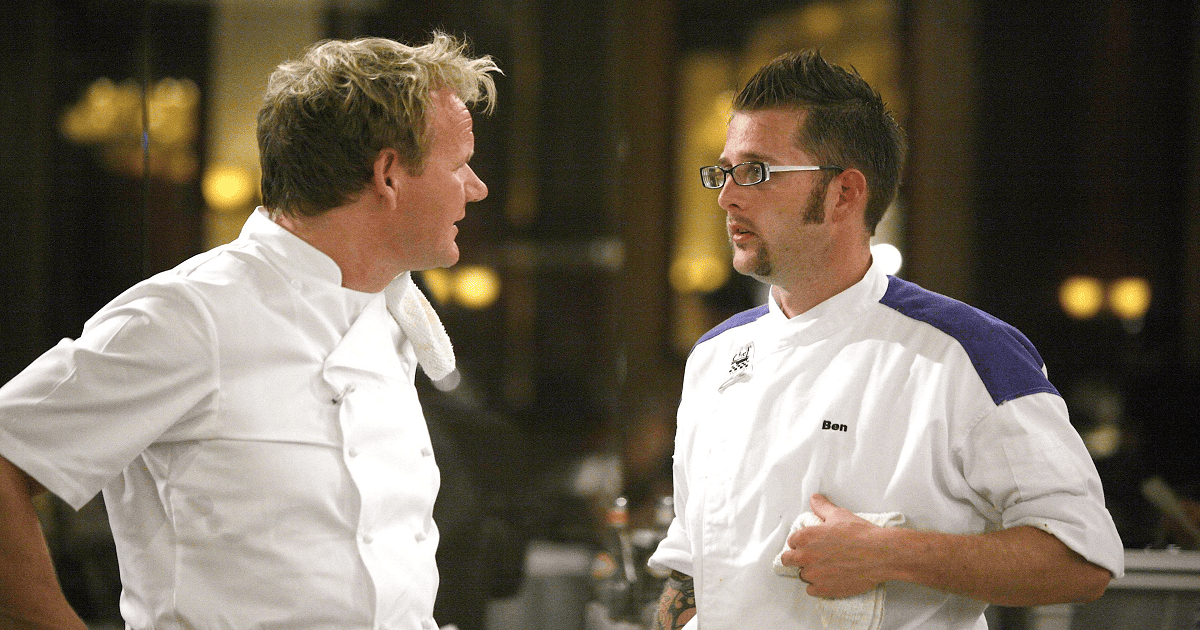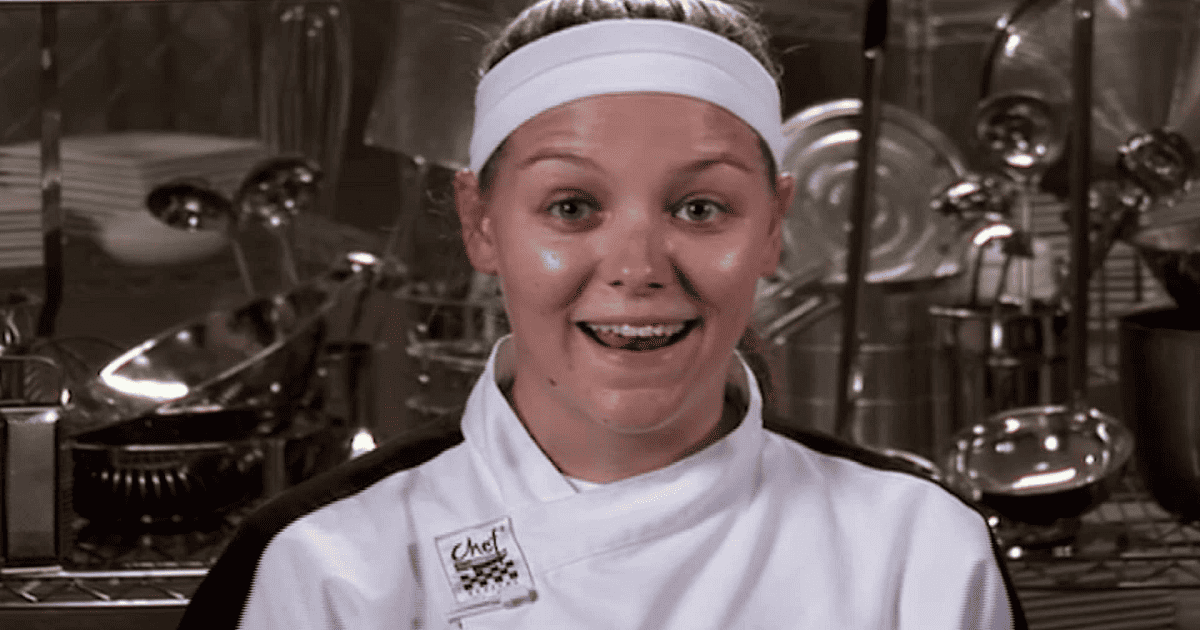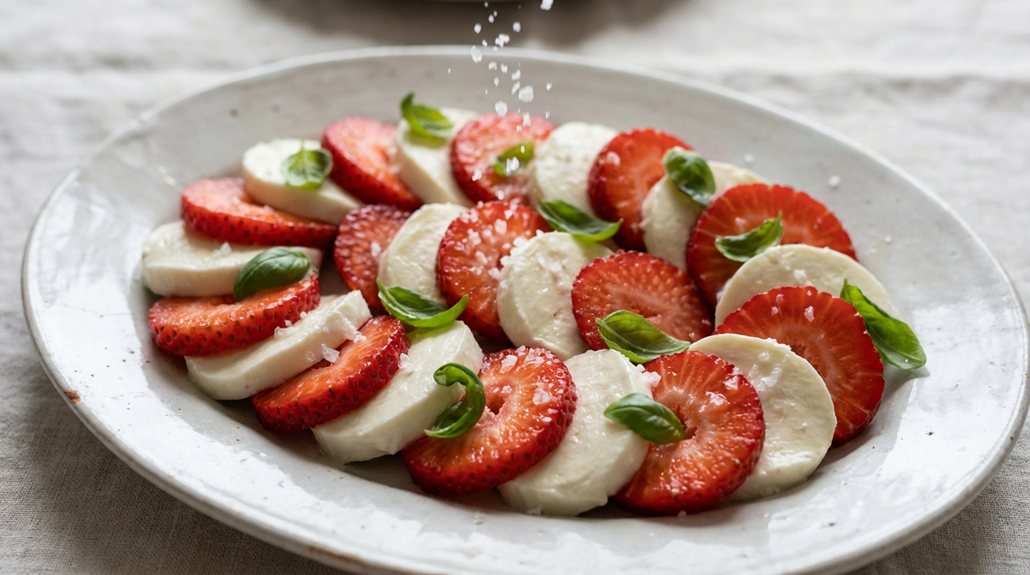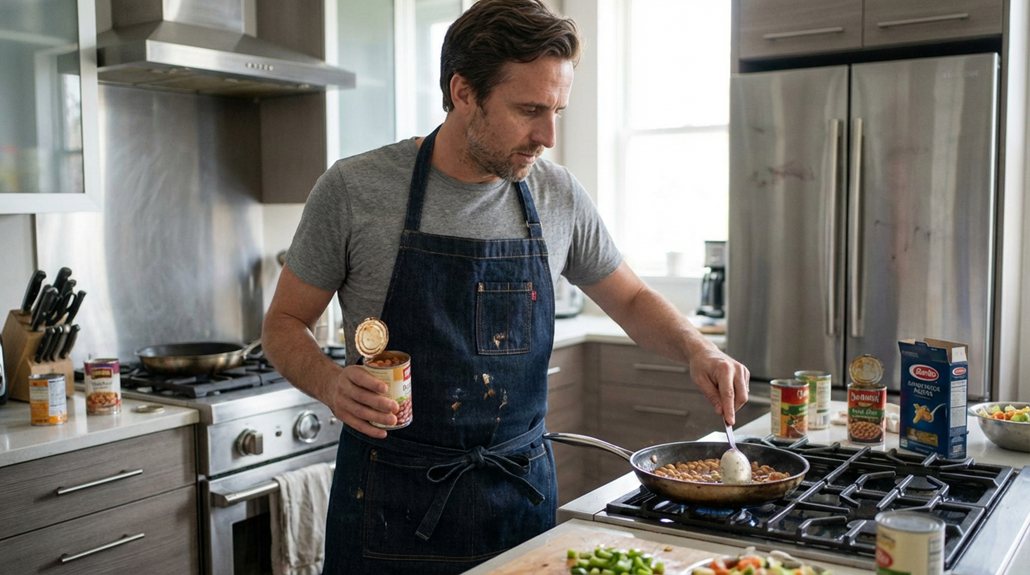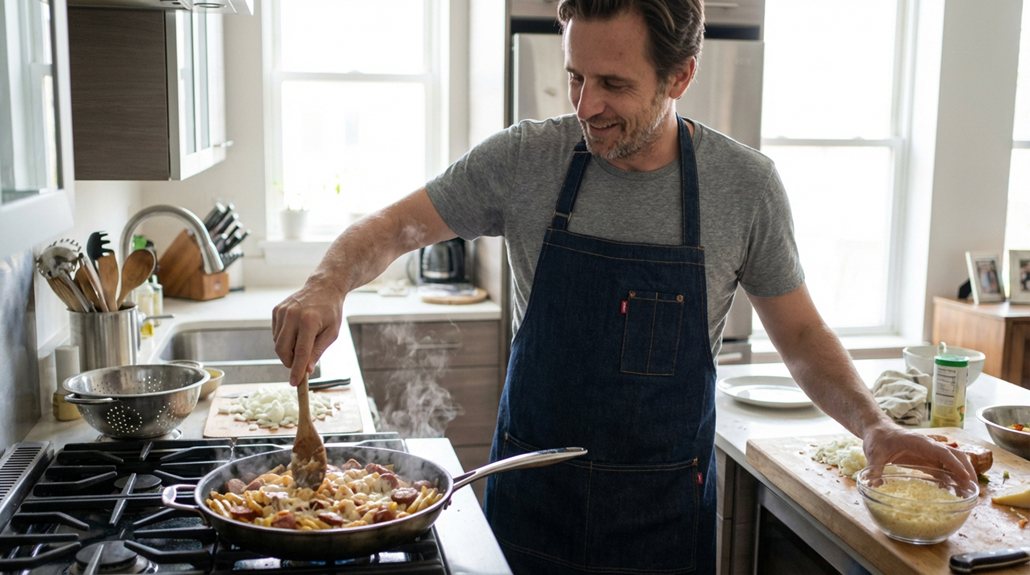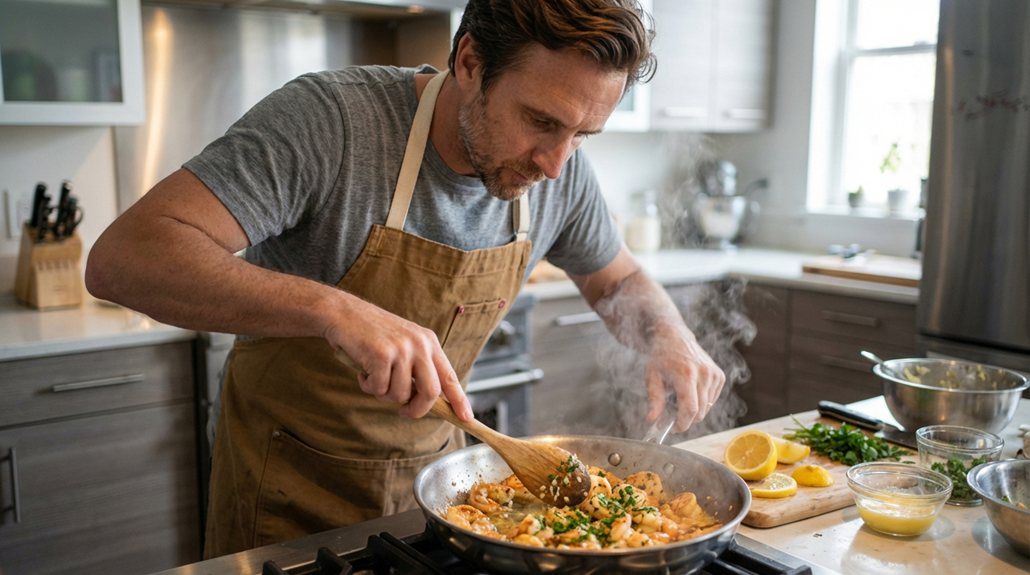In a melting pot of culinary talent, ‘Heated Kitchen Rivalry: 12 Chefs Compete’ Season 4, Episode 4, serves up a dish of high tension and fierce competition. As the chefs don their aprons, the air crackles with the anticipation of the battles ahead.
The episode delves into the intricate dynamics of kitchen leadership and the relentless pursuit of excellence. Christina’s mettle as a leader faces the ultimate test, while Petrozza’s knack for delegation underpins his strategy. Viewers witness a clash of culinary titans, where teamwork is the secret ingredient to weathering the storm of a demanding dinner service.
This chapter sizzles with the chefs’ passion and simmers with the undercurrents of their burgeoning rivalries. It’s a narrative that’s as much about human grit as gastronomic prowess.
Key Takeaways from Season 4, Ep 4
- The dinner service challenges “Hell’s Kitchen” 12 Chefs Compete (TV Episode 2010), both kitchens created a lot of pressure for the chefs.
- Christina’s Team faced challenges with cold appetizers and dishes not being hot enough, but she recovered and satisfied the customers.
- Petrozza struggled with plating his dishes and had to ask for help, but with his brigade’s assistance, he got back on track and impressed the customers.
- Matt’s disrespectful behavior and attitude caused tension in both kitchens, but Christina and Petrozza could regroup and complete the service with their teams.
Dinner Service Showdown
Hell’s Kitchen: Season 4, Episode 4 Tension escalated as the dinner service showdown between Christina and Petrozza’s restaurants unfolded. Each chef’s leadership and team coordination were put to the test.
The challenges and triumphs in the kitchen were palpable. Christina faced setbacks with Louross lagging on appetizers and Matt’s mishandling of the monkfish. Yet, she rallied her Team, exemplifying how critical teamwork is to overcoming hurdles and achieving dinner service success.
Similarly, Petrozza’s kitchen struggled with cold appetizers and plating delays. However, his call for support from his brigade marked a pivotal recovery, proving that collective effort can turn the tide.
These episodes showcased that the unison of individual strengths crafts a victorious service in the heat of culinary battle.
Blue Kitchen Hurdles
Hell’s Kitchen American season 4 In their latest challenge, Petrozza’s Team faced significant setbacks as Bobby’s initial batch of cold appetizers was promptly returned by dissatisfied customers. The episode highlighted the blue kitchen’s hurdles, underscoring the importance of overcoming adversity and addressing teamwork challenges. Here’s how they tackled the problems:
- Quality Control: Petrozza emphasized the need for high standards to avoid further customer complaints.
- Collaboration: Despite initial friction, Bobby and Jen worked together to redo the appetizers.
- Persistence: Bobby’s determination paid off, delivering improved appetizers on his second try.
- Adaptation: The Team adapted to feedback, learning from their errors to enhance their performance.
This analytical approach shows that a team’s ability to unite and address issues head-on is vital to success, even under pressure.
Red Kitchen Struggles
While facing their challenges, Christina’s Team in the red kitchen struggled with appetizer timing and kitchen coordination. The episode revealed a stark red kitchen communication breakdown, as team members failed to synchronize their efforts. Louross lagged with appetizers, throwing off the pace.
Christina’s leadership couldn’t prevent the ensuing chaos; her intervention risked exacerbating the turmoil. Furthermore, Matt’s incessant questioning only heightened tensions, culminating in his mishap with a salad bowl, which frustrated Christina and disrupted workflow.
Amidst these challenges with timing in the red kitchen, entrées returned for not being hot enough, adding pressure. Despite these setbacks, Christina’s authoritative command eventually steered the Team back on course, salvaging the service.
Team Recovery Efforts
Recovery efforts in both kitchens showcased the chefs’ resilience as they raced to compensate for earlier missteps and satisfy the demanding dinner guests. With the stakes high, the culinary contestants tapped into effective communication, robust teamwork, and collaboration.
Their turnaround tactics can be distilled into a few key actions:
- Reasserting leadership to streamline kitchen operations and bolster morale.
- Employing precise, clear directives to avoid further confusion or errors.
- Delegating tasks strategically to play to each team member’s strengths.
- Maintaining composure under pressure to ensure a steady workflow.
These approaches proved essential in pivoting from chaos to control, illustrating that cohesion and clear communication are vital for success, even in competition.
Final Service Tensions
During the final service, tensions mounted as the chefs grappled with high-pressure cooking challenges and interpersonal conflicts. Communication breakdowns exacerbated the stress, with orders misunderstood or ignored, leading to delays and mistakes. Managing difficult personalities became as crucial as executing the perfect dish.
Chefs with domineering attitudes clashed, while others struggled to assert themselves, creating a chaotic environment that threatened to derail the service. The ability to navigate these issues was pivotal. Clear, assertive communication and decisive leadership were the keys to overcoming the hurdles.
As the pressure of the final service intensified, only those who could effectively manage the kitchen’s culinary and human elements could hope to emerge victorious.
Post-Dinner Analysis
After the intense final service, Ramsay’s thorough tasting and critique of Christina and Petrozza’s sample dishes provided crucial feedback for their culinary growth. He emphasized the importance of evaluating strengths and weaknesses, ensuring both chefs gleaned valuable lessons for future success.
Ramsay pinpointed over-seasoning in Christina’s dish, urging refinement. He praised Petrozza’s bold flavors but noted presentation lapses.
Christina was encouraged to trust her instincts more in the kitchen. Petrozza learned the importance of delegation to enhance kitchen efficiency.
The chefs absorbed Ramsay’s insights, ready to apply them in their careers. Their ability to adapt and improve would undoubtedly be key to their future freedom in the culinary world.
Deciding the Winner
Ramsay’s decision between Christina and Petrozza hinged on their performance during the heated final service. The judging criteria included the quality of the dishes served and the contestants’ ability to manage their teams under pressure.
Christina’s recovery in the red kitchen showcased her resilience and ability to motivate her Team, emphasizing the impact of leadership on decision-making.
Petrozza, while initially struggling with time management, demonstrated his competence by rallying support from his brigade, ultimately satisfying customers with their entrées.
Ramsay’s final judgment considered these aspects of leadership and the overall response from the diners. The result reflected who could handle the freedom and responsibility of the coveted executive chef position.
Selections Before Service
Petrozza’s decision to choose Jen over Matt reflected his belief in her strong leadership abilities, despite Christina’s distrust of Jen and reluctance to pick her for the Team. This move set the stage for potential team dynamics issues and underscored the importance of trust in a high-stakes kitchen environment.
The selection process highlighted:
- Leadership Perception: Petrozza valued Jen’s assertiveness.
- Risk Taking: He believed in her ability to rise to the occasion.
- Trust Issues: Christina’s hesitation suggested underlying tension.
- Team Cohesion: Choices influenced the potential success of the service.
Analyzing the strategy, Petrozza’s choice could either bolster the Team or exacerbate trust issues, crucial factors in the upcoming intense service.
To Cap It Off
In the finale of ‘Heated Kitchen Rivalry,’ Team Petrozza outshone despite initial stumbles, showcasing exceptional adaptability and quality. Christina’s red Team faltered under pressure, with teamwork lapses proving costly. Ramsay’s critique emphasized the importance of consistency and composure in high-stress environments.
Ultimately, Petrozza’s strategic leadership and the blue kitchen’s recovery clinched their victory, underscoring the crucial role of effective management in the culinary battlefield.
Uncover the most unforgettable Hell’s Kitchen showdown: The Best Episode of Gordon Ramsay’s Hell’s Kitchen: Culinary Gladiators
